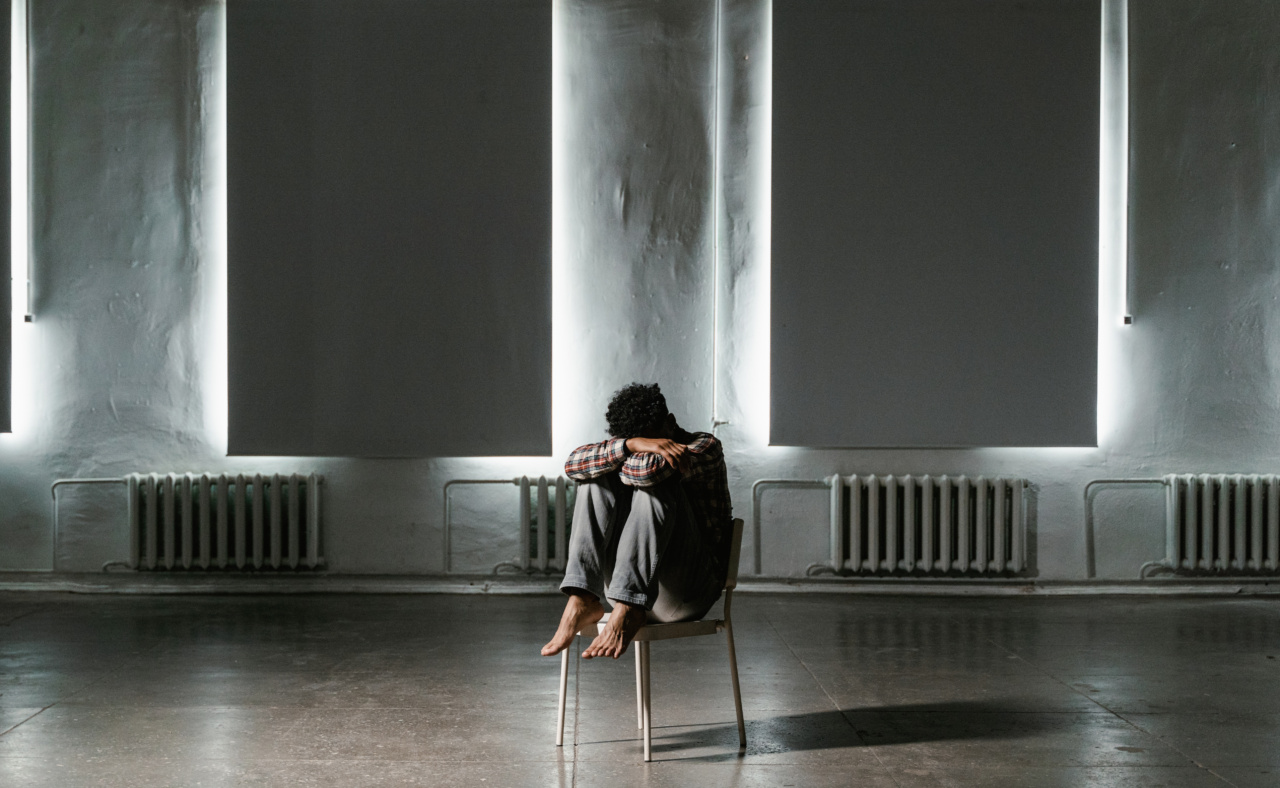Fear is an emotion that is experienced by every human being. From the primitive man to the modern-day individual, fear has been an integral part of human evolution.
It is one of the basic emotions that humans possess and is often seen as a way to keep us safe and alert to threats.
The Definition of Fear
Fear can be defined as an emotional response to a perceived threat. There are many types of fears that we can experience, including fear of failure, fear of rejection, fear of the unknown, and fear of death, to name just a few.
The Fight or Flight Response
When we experience fear, our body goes through a series of changes that are collectively known as the fight or flight response. This response is the body’s way of preparing us to either fight the perceived threat or run away from it.
The Brain and Fear
The amygdala is the part of the brain that is responsible for processing fear. It is a small almond-shaped structure that is located deep within the brain.
When we perceive a threat, the amygdala sends a signal to the hypothalamus which triggers the fight or flight response.
The Role of Past Experiences in Fear
Our past experiences can also impact the way we experience fear. For example, someone who has been bitten by a dog in the past is more likely to experience fear when they see a dog again in the future.
This is because the brain has learned to associate dogs with danger.
Phobias
A phobia is an excessive or irrational fear of a specific object, situation, or activity. Phobias can interfere with a person’s daily life, making it difficult for them to function normally.
Common phobias include fear of heights, fear of spiders, and fear of public speaking.
Treatment for Phobias
There are several treatments available for phobias, including cognitive-behavioral therapy, exposure therapy, and medication. These treatments can help individuals overcome their fears and improve their quality of life.
Anxiety and Fear
Anxiety and fear are often linked, with anxiety being a more prolonged and generalized form of fear. It is characterized by excessive worry and unease and can have a significant impact on a person’s daily life.
The Impact of Fear on Mental Health
Fear can have a significant impact on mental health. It can lead to anxiety, depression, and other mental health disorders. It can also affect our physical health, leading to increased stress levels, high blood pressure, and other health problems.
Overcoming Fear
While fear is a natural and necessary emotion, it can also hold us back from living a full and fulfilling life. Learning to face our fears and overcome them can be a powerful way to improve our mental and physical health and achieve our goals.






























